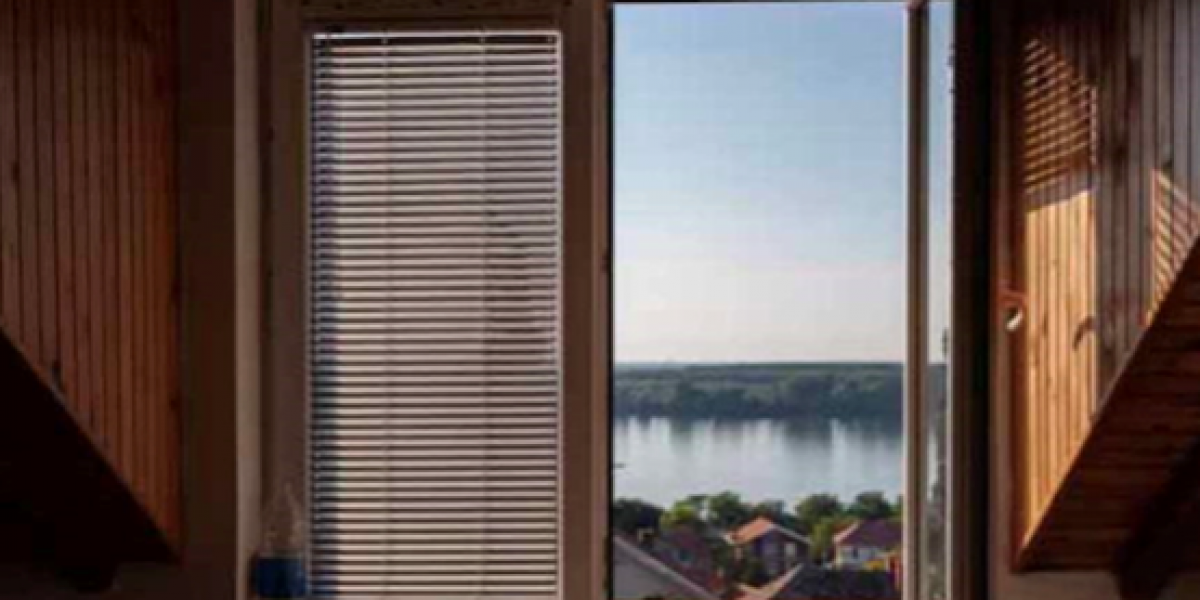Working for the integration of unaccompanied children in Serbia
25 September 2019

Integration House “Pedro Arrupe” is a shelter designed to accommodate vulnerable unaccompanied children who have been separated from their families. The goal of the House is integration into a new society. To do this, the House provides not only food, shelter, clothing and basic medical necessities, but gives its beneficiaries the opportunities of education and fun. With eight employees and two interns, the House has given shelter to 70 boys since its establishment in 2017.
Arrival
To come to the House, Center for Social Welfare refers children to JRS staff who interview the children to see if the House would benefit them. The House accommodates the most vulnerable children: victims of physical, psychological and sexual violence, children at risk of becoming victims of human trafficking, different forms of exploitation and smuggling. When accommodated the children are given new clothes, shoes and hygiene necessities and told about the House rules.
Education
The House ensures that the children have the opportunity to continue an active education in Serbia. Beneficiaries who stay longer than a month, are enrolled in the local school system while informal educational and creative activities are organized to strengthen their education. Pedagogues at the House are available to help with schoolwork and maintain a strong connection with the school. Apart from school, pedagogues at the House are also working on cultural integration. “We are working on breaking the border between two cultures. We have stereotyping here among Serbs and behavioral issues among the boys that we are working on,” says Nemanja Rajic, a pedagogue at the House. To help break these cultural boundaries, activities done together with local students are also arranged. During summer break, English and Serbian classes along with other workshops from life skills to the effects of drugs and alcoholism are run to provide more opportunities for their education.
Fun
The Integrational House gives children the opportunity not only of a good education but lets them have leisure time to have fun and explore their environment and passions. “I think we are doing a good job helping unaccompanied children be children again. Not having to start working but to be able to go to school and play football,” says Violeta Markovic, Country Manager. The boys at the House often play football or tennis in the backyard or go to the nearby schoolyard to play. During summer break, day excursions such as visits to the beach, orienteering, hikes and picnics outside Belgrade and kayaking trips are frequent.
The Facilities
Integration House “Pedro Arrupe” provides the boys with safety, comfort and privacy. Having five rooms fitting between two and four people, the House can accommodate up to sixteen children. There is a living area, kitchen, porch, IT room, classroom and a yard all of which the children can freely use.
The Staff
The staff of the House are very important in the integration and wellbeing of the children.
“I think we live everyday life here at the House. We are trying to create for them something like a family, something like home. If they have a problem and they need to speak, we are here to listen to them,” says Maya Markovic who provides legal assistance at the House. The boys of the House think likewise. “People here at JRS are kind… I have crossed through four countries, but I feel that this is my House,” says S. A. (17) a user who has stayed here for a longer period. The House tries to make a homely family-like environment which unaccompanied children often do not have access to.
The Area
The House sits in a quiet neighborhood at the outskirts of Belgrade. “I like it here because there are not too many people,” says Z.E. (16) a new user a few hours after arriving from the more chaotic places many refugees in Belgrade have to stay. “I remembered the heroes in movies opening their window in the morning to a beautiful sunrise. I wished I could have that. It is amazing… now I do.”Here the boys enjoy a garden, a neighborhood schoolyard, tranquil views of the Danube, and a forest only a five-minute walk away.
Future of the House
For the future, the House plans to improve its services to unaccompanied children and provide more opportunities to further integrate them into society. “While we teach the children and it is our job, we learn from them every day,” says Nemanja Rajic, a pedagogue at the House.
Laszlo has seen us better than we can see it. Working every day to make this place a little bit better for the childhood of our beneficiaries we are trying to help them be what they should be – children. We are hopeful that we will be able in the coming years to do the same, to make more happy childhoods for more children in our country. What we show them today, will lead to what kind of person they will become in future. The brighter future for all of us is our mission here.
Article written by Laszlo Koval, after an experience working as a volunteer with JRS Serbia. This article was previously published in JRS Serbia’s website.
